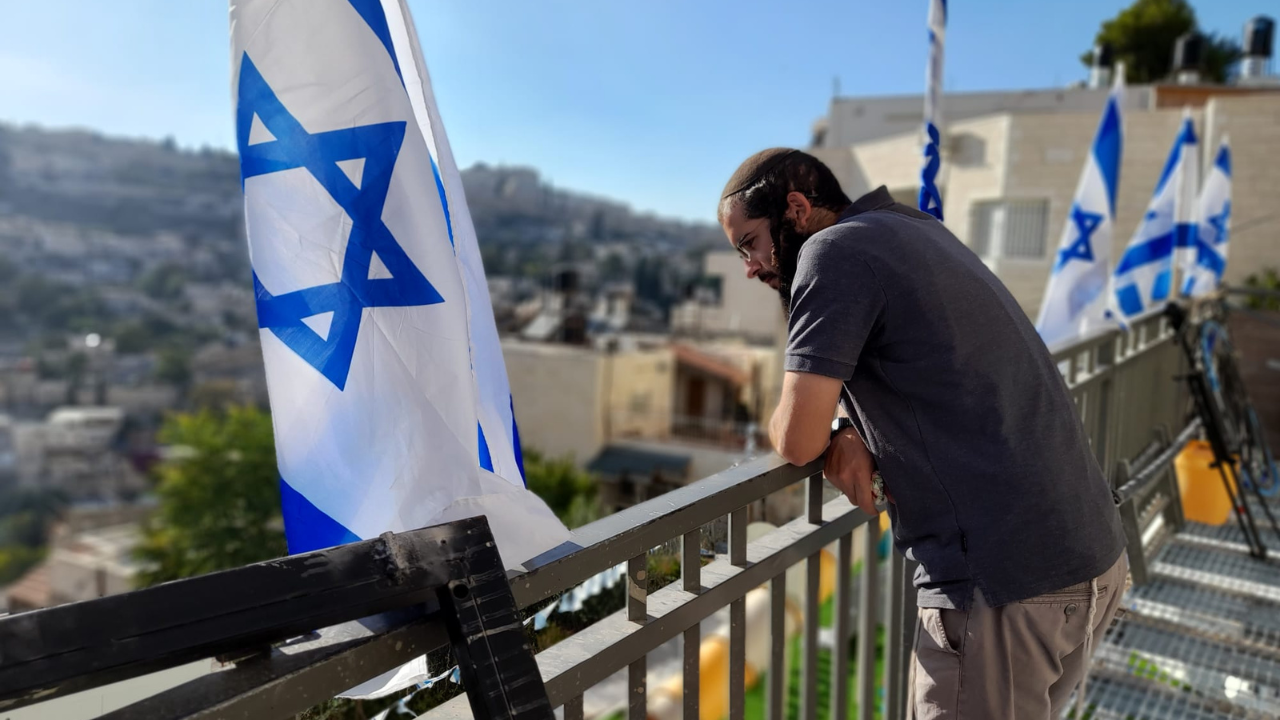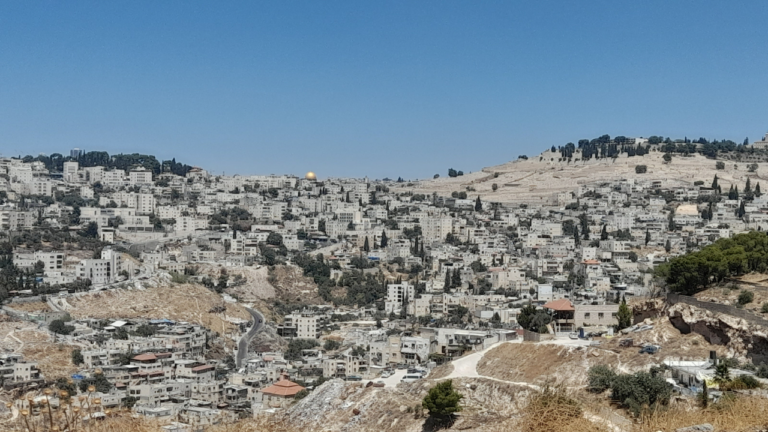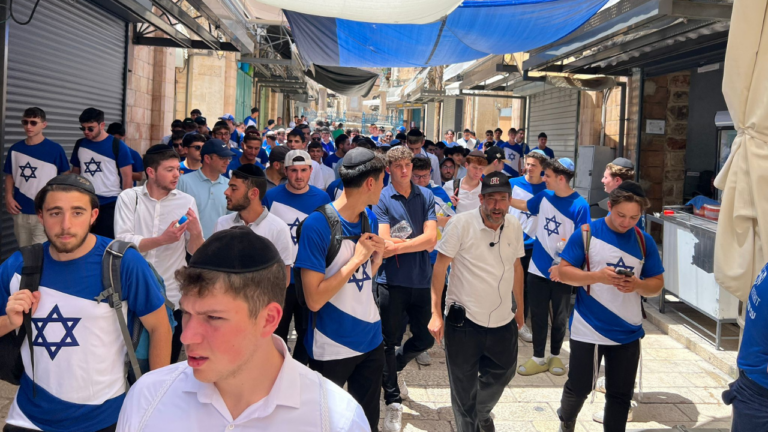Jerusalem In One’s Heart
This week’s parsha begins with a covenant being created between God and the Jewish people. After telling the Jewish people that they will be punished for their sins, Moshe concludes this section of his speech with the following verse:
Concealed things (nistarot) are for our God, but with overt acts (niglot), it is for us and our children ever to apply all the provisions of this Teaching.
The simple understanding of these words is that they relate to a person’s relationship with the rest of society. We are responsible for any activity that is out in the open even if we are not personally involved. However, we are not responsible for those actions that are only known to God.
The Sefat Emmet, though, suggests that this verse can also refer to different facets of a single person. He explains as follows. The “overt” acts (niglot) refer to a person’s behaviors that are open and revealed for anyone to see. It is this area of our life that we control and must exercise our free choice. We can choose that our actions be in line with God and His Torah, or, God forbid, not.
This verse reminds us, though, that this is only true regarding our niglot – our revealed selves. Regarding the “concealed” part of a person – one’s inner soul – we do not have free choice. Our souls are “for our God.” It is simply part of our identity. Our inner souls always remain connected to God, no matter our external behaviors. Our job is to reach down into our latent selves and reveal that godliness that is within. Instead of thinking that we must radically change our “revealed” actions, rather, we must simply bring out our true selves.
Torah sources refer to the souls of the Jewish people as stemming from a place in the heavens called “Yerushalayim.” This is the reason that Jews feel most alive and most connected with God in
the corresponding terrestrial city of Yerushalayim. This city is the heart of the people. Yerushalayim resides in the soul of each individual Jew.
Accordingly, the construct of the Sefat Emmet applies to our relationship with the city. Deep inside the inner soul of each Jew there is a constant beating for Yerushalayim. It is part of our identity and DNA as Jews. However, much like our general deep connection with God, our mission is to take this layer of our selves – the nistarot – and bring it out to the level of niglot.
The Magid of Koznitz explains that we can cultivate, develop and manifest the Yerushalayim in our hearts by thinking about the city, and particularly by praying to God while facing it. By doing this we will awaken this latent connection to Yerushalayim in our hearts and feel attached to the city. This will then lead to concrete action in line with the values of the city and also, presumably, action that will lead toward its rebuilding. Eventually the totality of a person – from the hidden nistarot to revealed action – will be connected to Yerushalayim.



